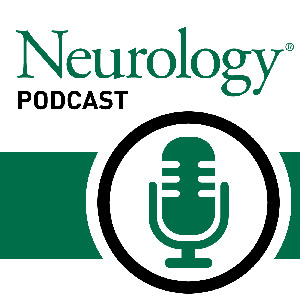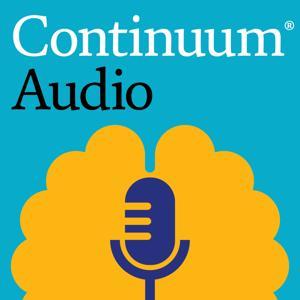Send comments and feedback
Counseling of teens and young adults with epilepsy about reproductive issues is not happening often enough. Conversations about pregnancy are almost non existent. Sharp Waves spoke with authors of a recent paper that details these findings and discusses possible solutions.
Read the study: A retrospective textual analysis of sexual and reproductive health counseling for adolescent and young adult people with epilepsy of gestational capacity - Epilepsy & Behavior (epilepsybehavior.com)
Related articles by the same authors:
Sexual and reproductive healthcare for adolescent and young adult women with epilepsy: A qualitative study of pediatric neurologists and epileptologists - Epilepsy & Behavior (epilepsybehavior.com) (2020)
A survey of child neurologists about reproductive healthcare for adolescent women with epilepsy - Epilepsy & Behavior (epilepsybehavior.com) (2021)
Sexual and reproductive health concerns of women with epilepsy beginning in adolescence and young adulthood - Epilepsy & Behavior (epilepsybehavior.com) (2021)
A Survey of Healthcare Providers About Reproductive Healthcare for Adolescent Women With Epilepsy - Journal of Pediatric and Adolescent Gynecology (jpagonline.org) (2022)
Pediatric Neurologists’ Perspectives on Sexual and Reproductive Health Care for Adolescent and Young Adult Women With Epilepsy and Intellectual Disability (2022)
Preferences and experiences of women with epilepsy regarding sexual and reproductive healthcare provision - Epilepsy & Behavior (epilepsybehavior.com) (2022)
Sharp Waves episodes are meant for informational purposes only, and not as clinical or medical advice.
Let us know how we're doing: [email protected].
The International League Against Epilepsy is the world's preeminent association of health professionals and scientists, working toward a world where no person's life is limited by epilepsy. Visit us on Facebook, Instagram, and LinkedIn.




































